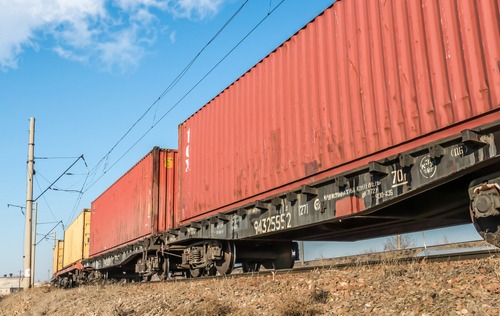
Dozens of local leaders want to ensure freight rail systems are preserved as Congress deals with infrastructure legislation.
In a letter to U.S. Secretary of Transportation Pete Buttigieg, Surface Transportation Board Chairman Martin Oberman, and Federal Railroad Administration Deputy Administrator Amit Bose, state legislators, and local elected officials in transportation leadership positions asked that rail policy continue to support and preserve a healthy freight-rail system.
Freight rail, the letter said, will help the Biden administration achieve two of its top goals – economic recovery and combating climate change.
“To meet economic needs disrupted during the pandemic, maximize returns on expected infrastructure legislation, and secure long-term economic growth while meeting the moment on climate change, we need freight railroads to do even more,” they wrote.
The letter stated that freight rail performance during the COVID-19 pandemic was crucial in stabilizing the intermodal market and addressing supply-chain disruptions.
“Even before the pandemic, freight demand was expected to rise 40% by 2045,” the group wrote in its letter. “COVID-19 placed new stresses on supply chains, accelerated economic trends toward e-commerce, and made nimble, responsive logistics networks even more important. To meet economic needs disrupted during the pandemic, maximize returns on expected infrastructure legislation, and secure long-term economic growth while meeting the moment on climate change, we need freight railroads to do even more.”
Additionally, the group said, freight railroads are three to four times more fuel efficient than trucks, which translates into a 75 percent reduction in greenhouse gas emissions for freight moved by rail rather than highway. Railroads move roughly 40 percent of long-distance freight when measure by ton-miles and account for less than 2 percent of the U.S. transportation-related emissions.
“As you implement legislation and craft regulations, please ensure freight railroads are able to continue their record of robust investments, eliminate incentives that subsidize less efficient modes over railroads and avoid double standards that hold railroads back from continued innovation,” the letter, organized by GoRail, said.